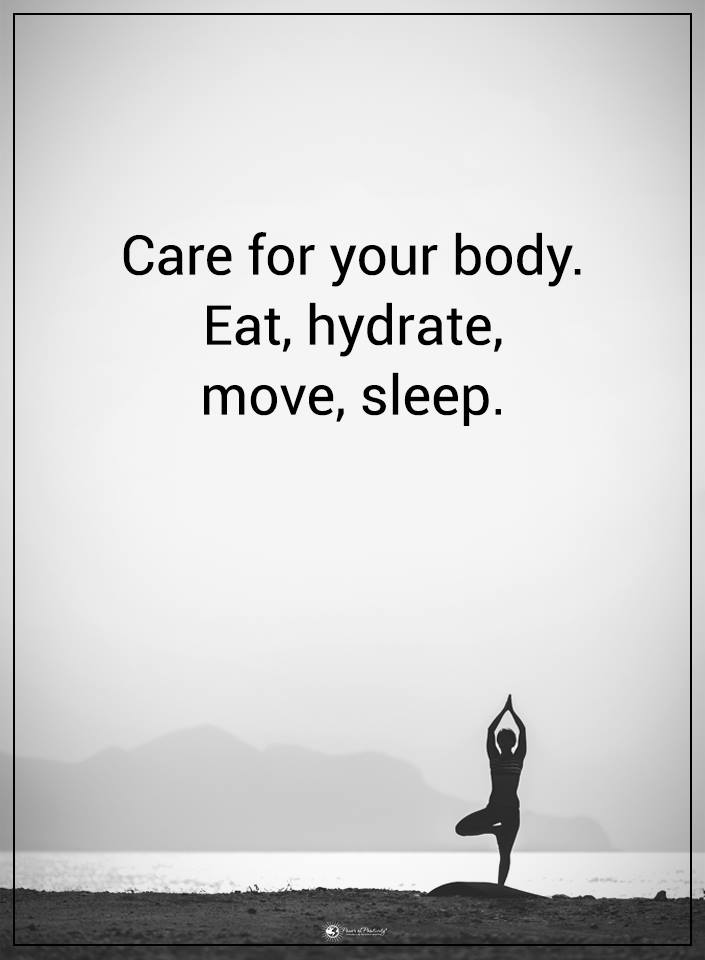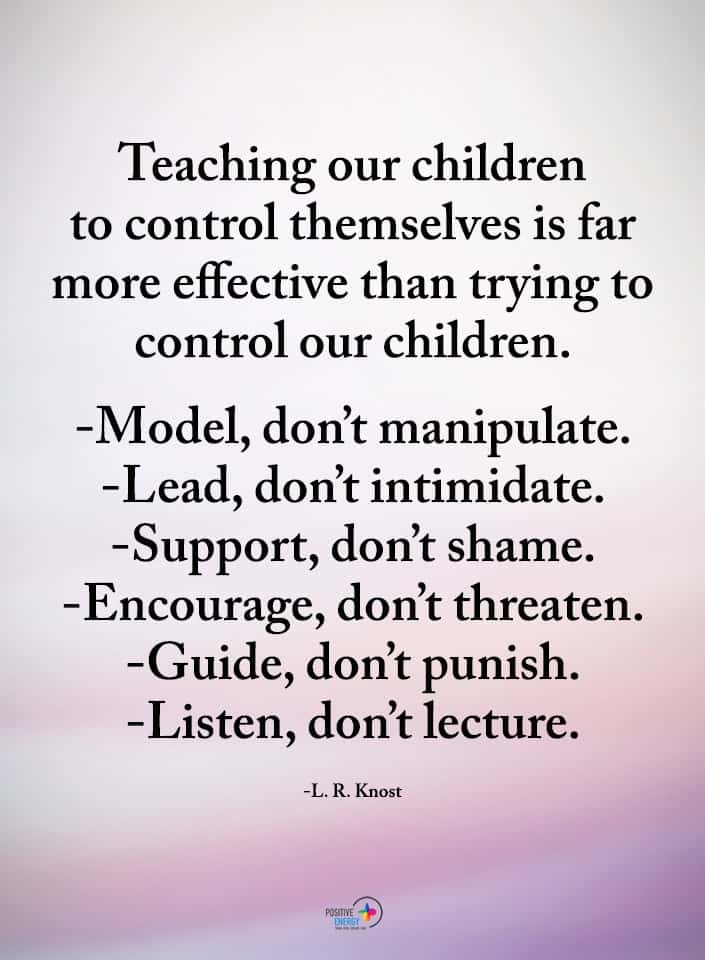A collection of interconnected rules that implies good impressions in our lifestyle as we engage in social and business interactions is usually referred to as etiquette. These good manners evolve from time to time as they reflect our cultural norms and other ethical codes as rules in various groups or occasions.
Though we get to contend in a lot of arguments these days about etiquette; whether they still matter or not as some people believe that these rules of good behaviors are unnecessary or outdated. Whichever side you choose to stand, the fact is that; everyone loves to receive respect and care or consideration at certain times. In fact, you should never disregard these acts cannot that show courtesy and kindness.
If we choose to do away with these good manners, our societies would quickly see disrespect for one another, insults, cheating, and many more ill manners.
A lifestyle of respect, politeness kindness does a lot of good in maintaining sanity and respect in relationships and our societies as it shows in how we treat other people around us.
In some other ways, etiquette also shows the kind of courtesy and morals you conform to and if you fail in certain expectations of the expected lifestyle, you may be at a risk of sabotaging a good image or even your own success. How you conduct yourself is either impressive to a person or offensive to another.
Here are 25 Rules of Good Manners and Etiquette Everyone Should Know (And Follow!)
1. Timing is very important. Always keep to time when honoring a meeting, date, event, etc. When you show up late, it says so much about your personality and the kind of regard you show to important things.
2. Always take note of what you pick out of the refrigerator at the office; if you haven’t kept some food or drink in there you have no business taking anything out. Leftovers should also be thrown away rather than getting the refrigerator stocked with junk.
3. Watch your manners when you make use of the cell phone. Being loud on the phone is a lot of disturbance to those around you. You are more likely to cause some distractions or disrupt other people’s concentration.
4. If you RSVP for an event, you must show up. If probably you won’t be able to honor such an event anymore, you must have communicated that early enough or else you will be causing a lot of imbalance for the celebrant.
5. Your diet plans are for you; don’t bother other people with what you have to do or eat. If you prepare food for a lot of people you should be considerate enough to note that your diet isn’t the same as well as others.
6. When your family is invited to visit a friend, make it a duty to help with some clean up and rearrangements especially when the kids loiter and displace things around.
7. Never break up with your partner or announce a death incidence via text; you should convey some information face to face or via a phone call.
8. No matter how cute dogs are, aside from taking them for a walk it is not ideal to take them to shopping malls or places where it is uncalled for. Most times people do this just for the sake of gaining some attention.
9. While using an earphone, make sure it is well plugged to avoid a situation where it’s playing in your ears and at the same time playing on your device’s speaker. It can be discomforting to people around.
10. When inviting people for a party, it is unruly to ask them to come with their food. They can eat at home; bringing their food has ceased it from been a party.
11. Posting your personal conversations and arguments on social networking sites is poor etiquette. The drama can be done privately in your inbox rather than bringing such awful conversation to the public.
12. Lend books to people only when they ask for it. When you force people to read a book by giving it to them, you may put some guilt on them and in the end, you will feel pained that they do not appreciate the book.
13. During a dinner, it is offensive to be loud while laughing, talking or even to stare at other diners.
14. It is expected that a person who invites you to lunch pays the bill. However, you should keep track of your portion and be ready to pay to avoid embarrassment.
15. When invited to a party, it’s courteous not to bring any uninvited guests. It is important that you use some decency here.
16. As a gentleman, always open doors and allow ladies to enter first. And if you have a reserved table, the man should locate it and lead his companion there.
17. While you are at a dinner party, it’s advisable to leave your phone on silent mode or put the cell phone off. It’s better to respond to urgent calls by text rather than excusing yourself too often to pick calls.
18. Perhaps you come in late to a meeting, class or any other gathering. It is more honorable to find a seat behind where you won’t be causing some distractions rather than trying to fit into your favorite position.
19. As a commuter, an able-bodied young person should give an elderly person or a woman carrying children his or her seat rather than leave them in less comfort.
20. Men should only sit on public transport if no woman is left standing near them. Men should always give their seats to ladies.
21. When a man has a lady as company, he is expected to use the exit first and clear the way for her as he assists her to exit the building, train, bus, etc.
22. As a guest, it is not polite to refuse food. It is better to ask for a lesser portion rather than turning down the offer. If you are on a diet, it is more honorable to decline an invitation rather than accept it and then avoid their food.
23. Listening is very important. It doesn’t mean you must keep mute during a conversation, but showing a keen interest in the discussion and interjecting at an appropriate timing depicts that you are on the same page as your partner.
Related article: 5 Great Lessons from Our Elders
24. Show your good use of etiquette by greeting the driver when you board a bus or a taxi and show some courtesy by thanking them as you alight.
25. As a commuter, be careful not to inconvenience others with your luggage. Do not place your belongings on the seat next to you; if you can’t manage to hold them closely on your lap, you can as well put them under your seat.









